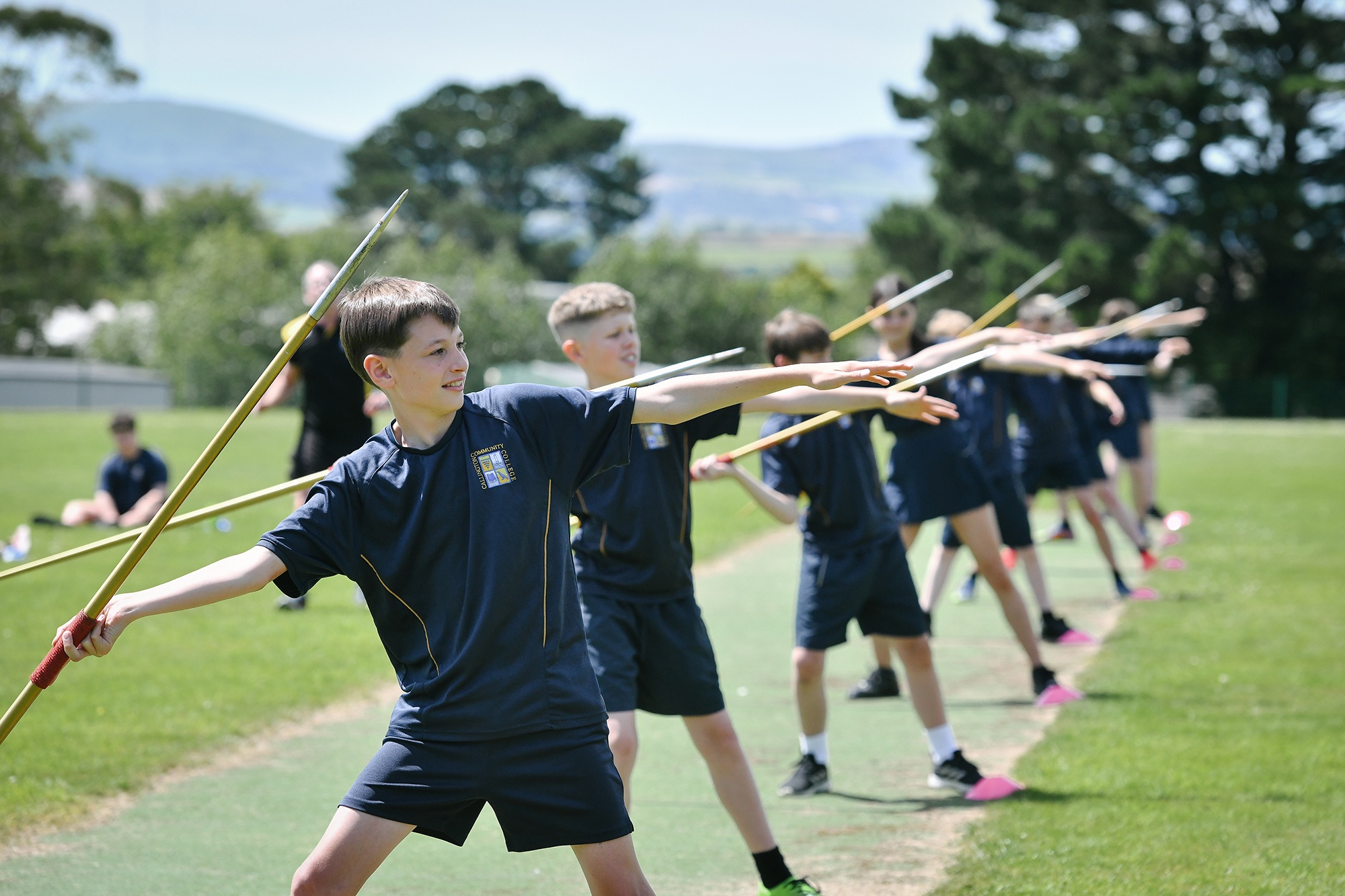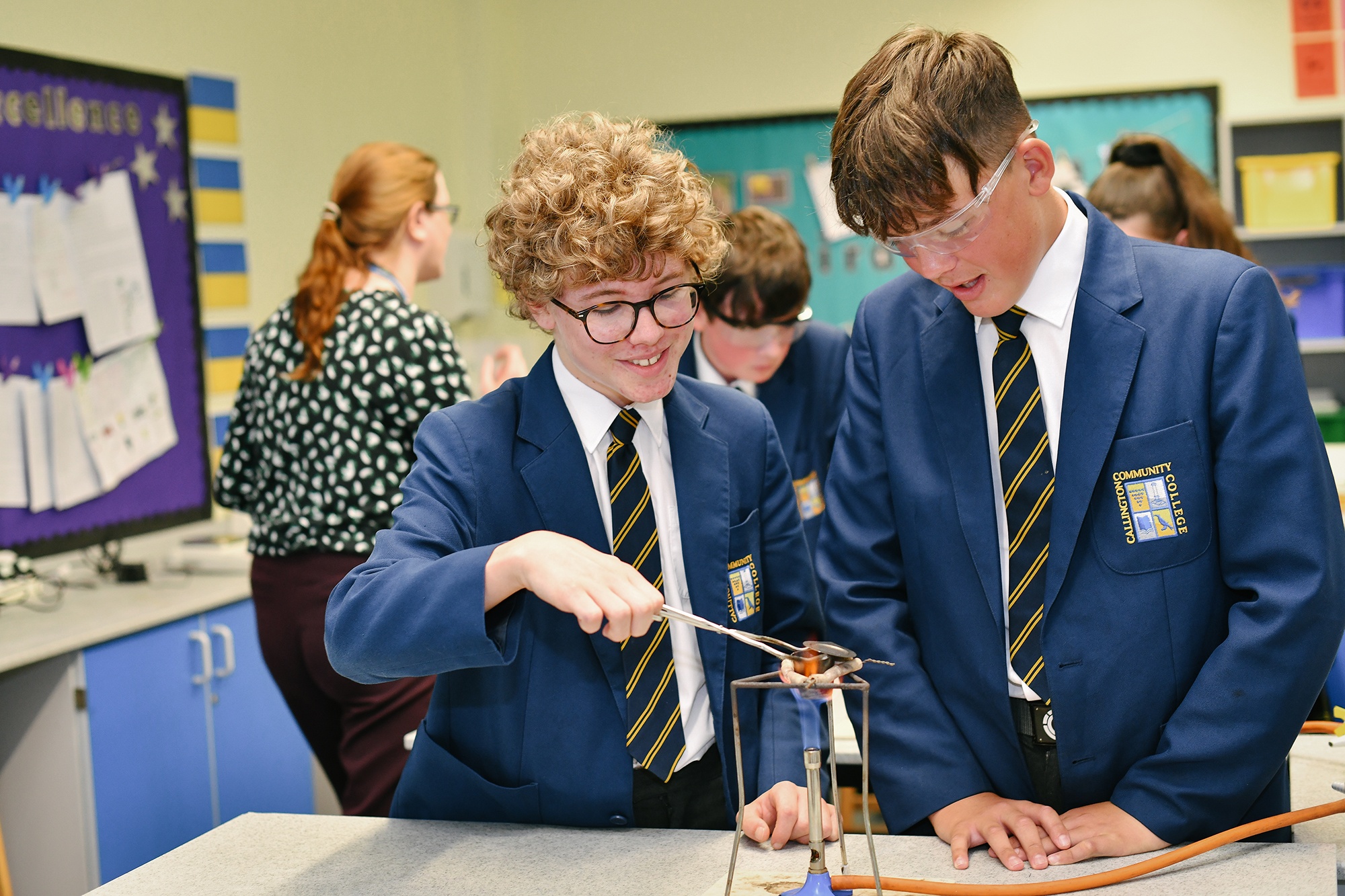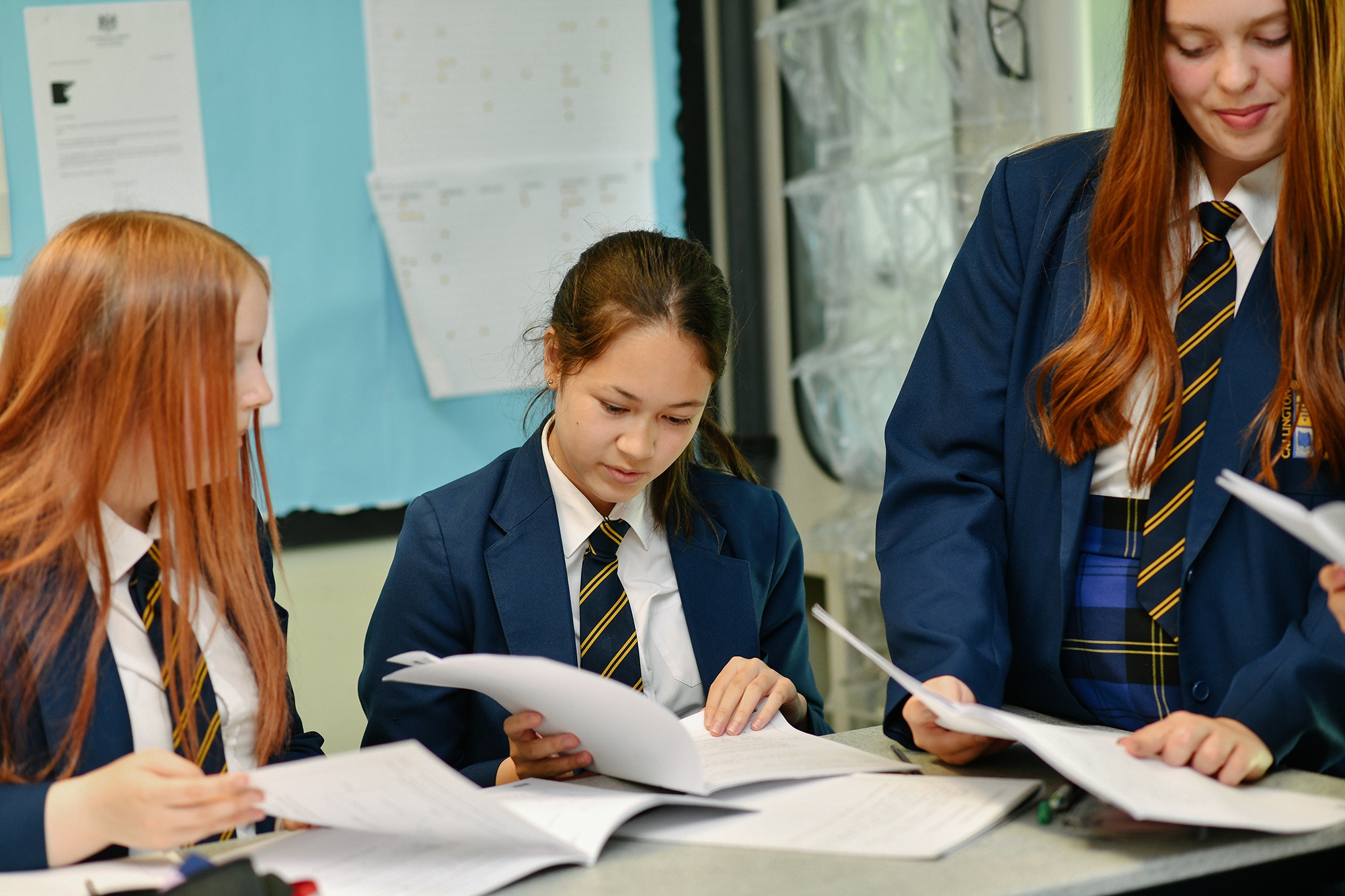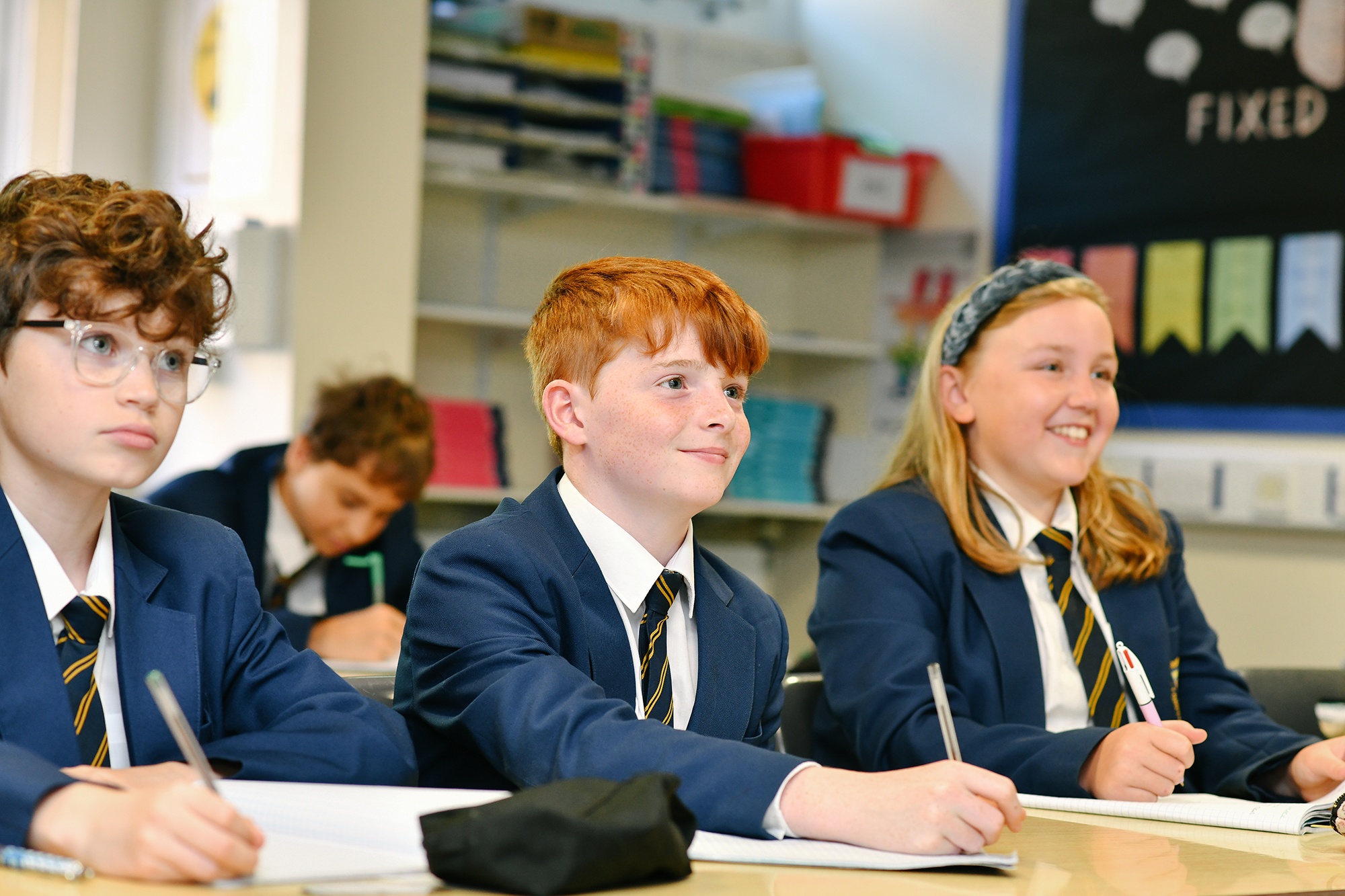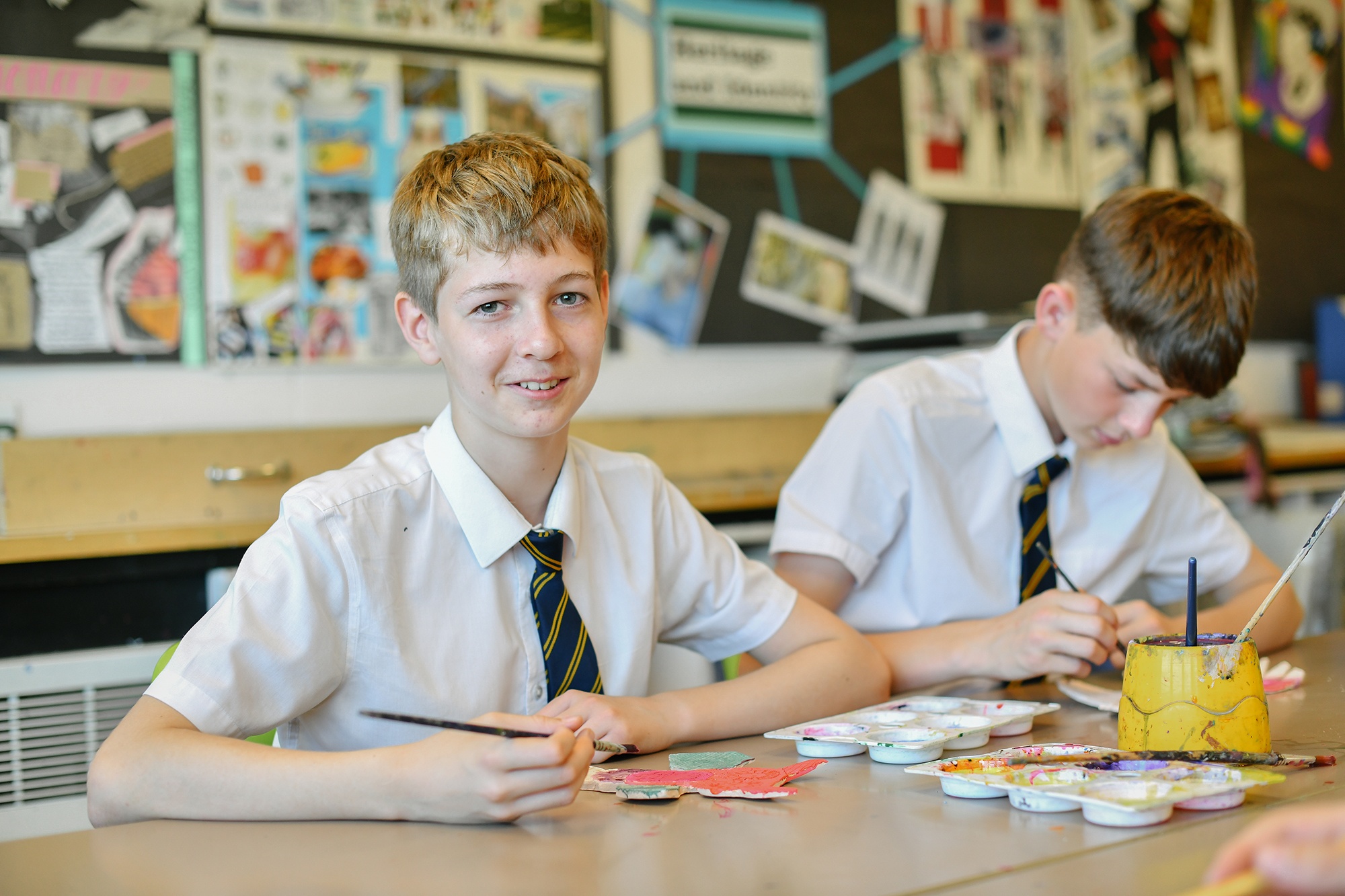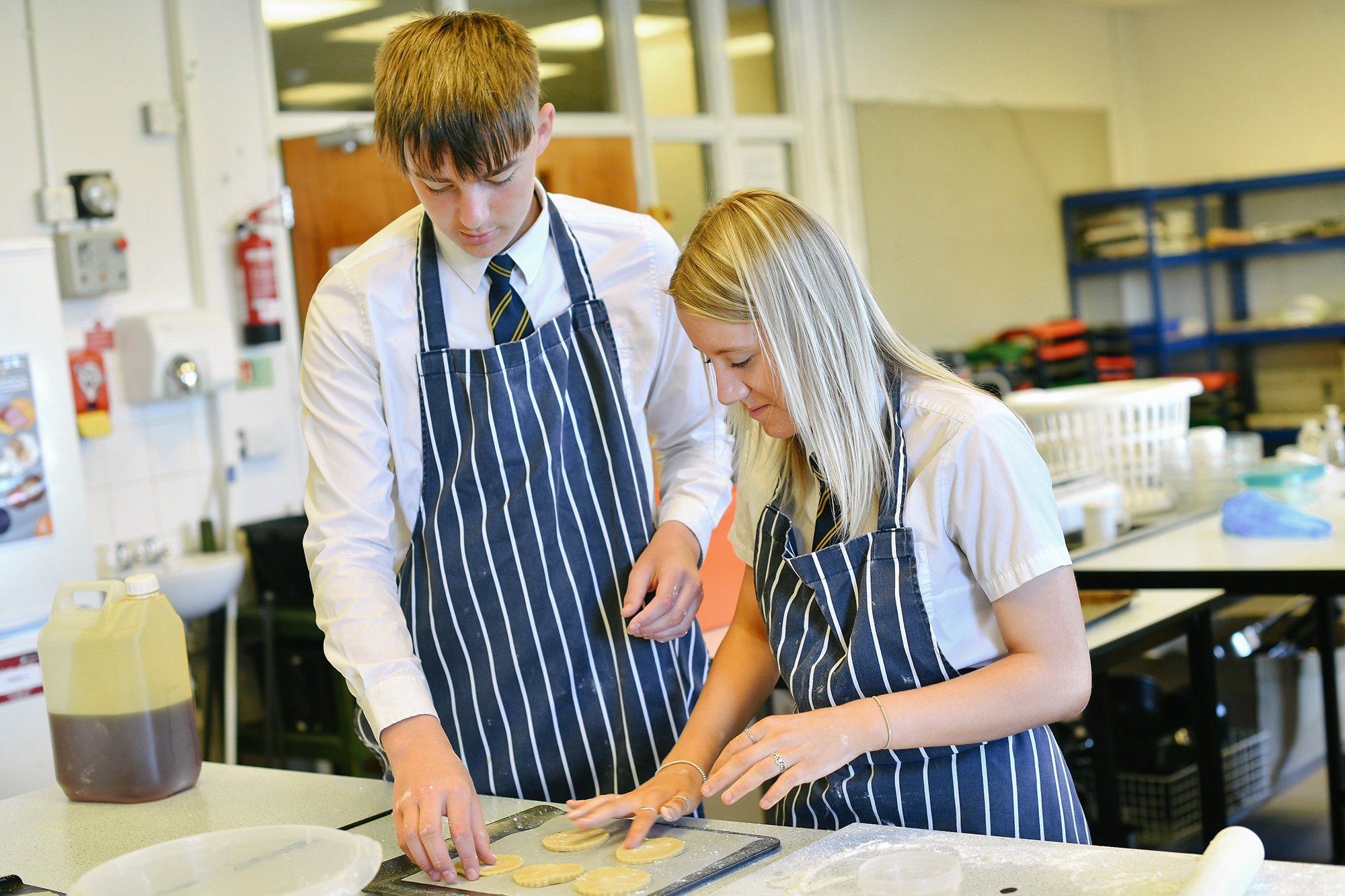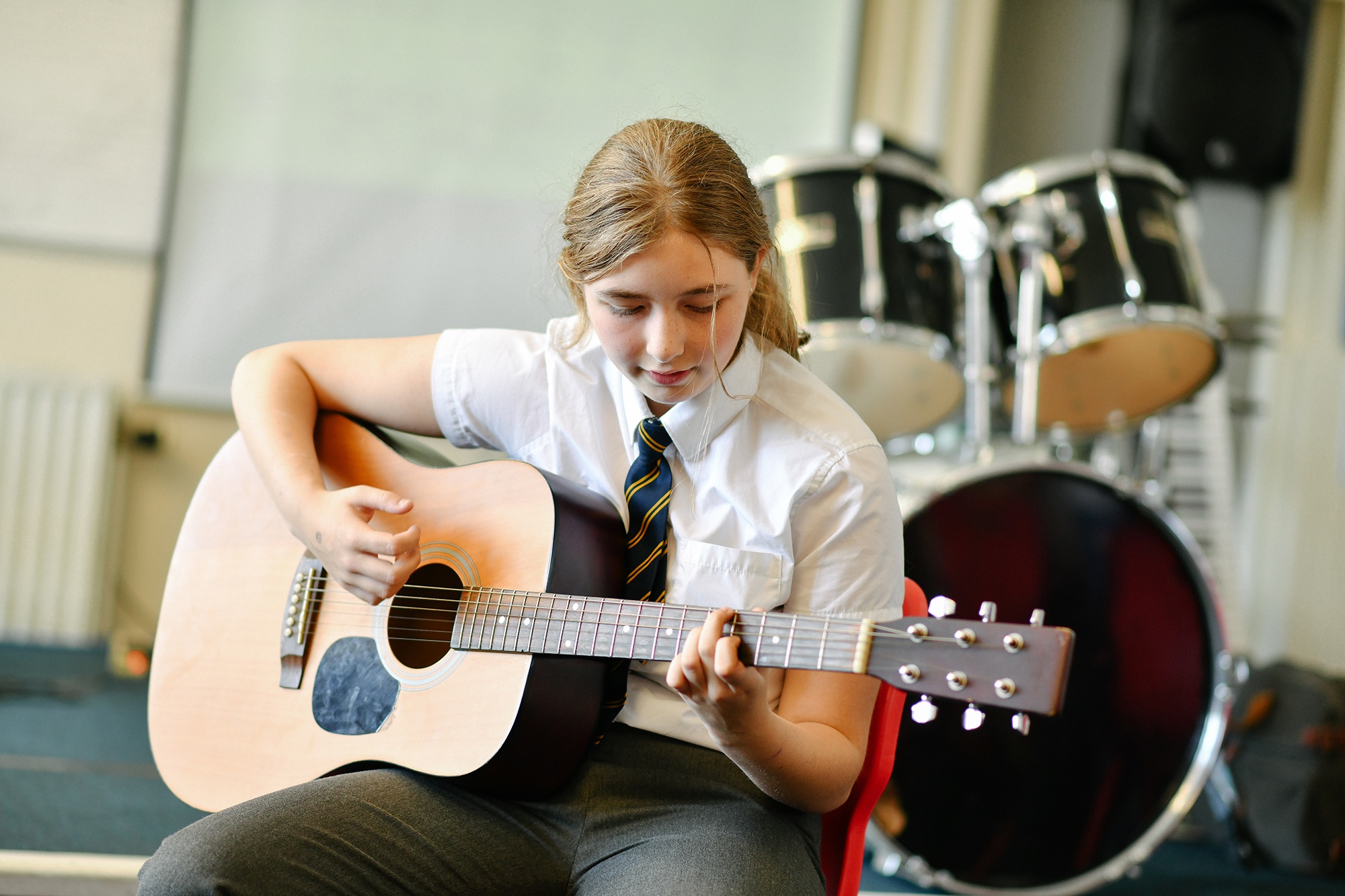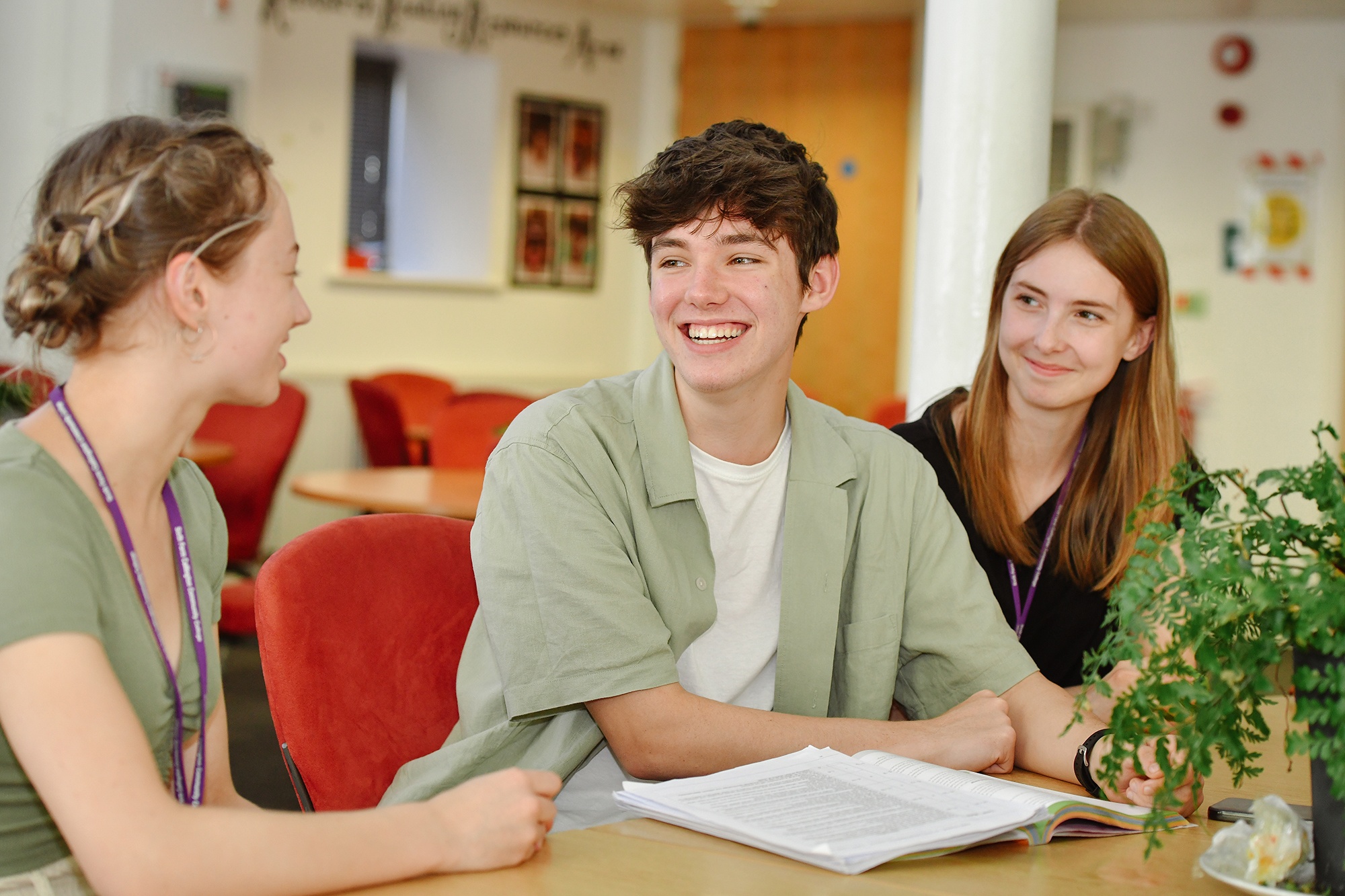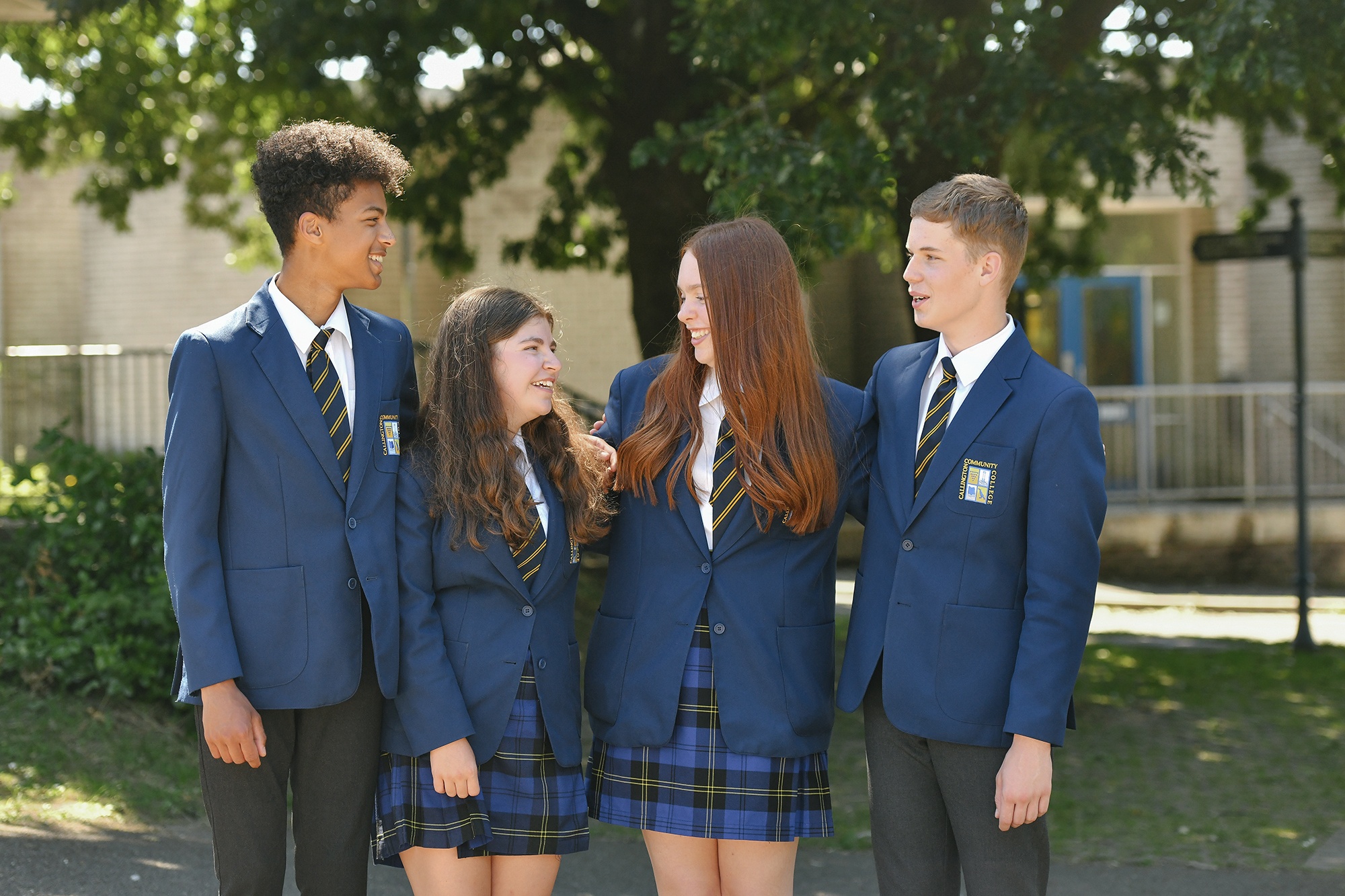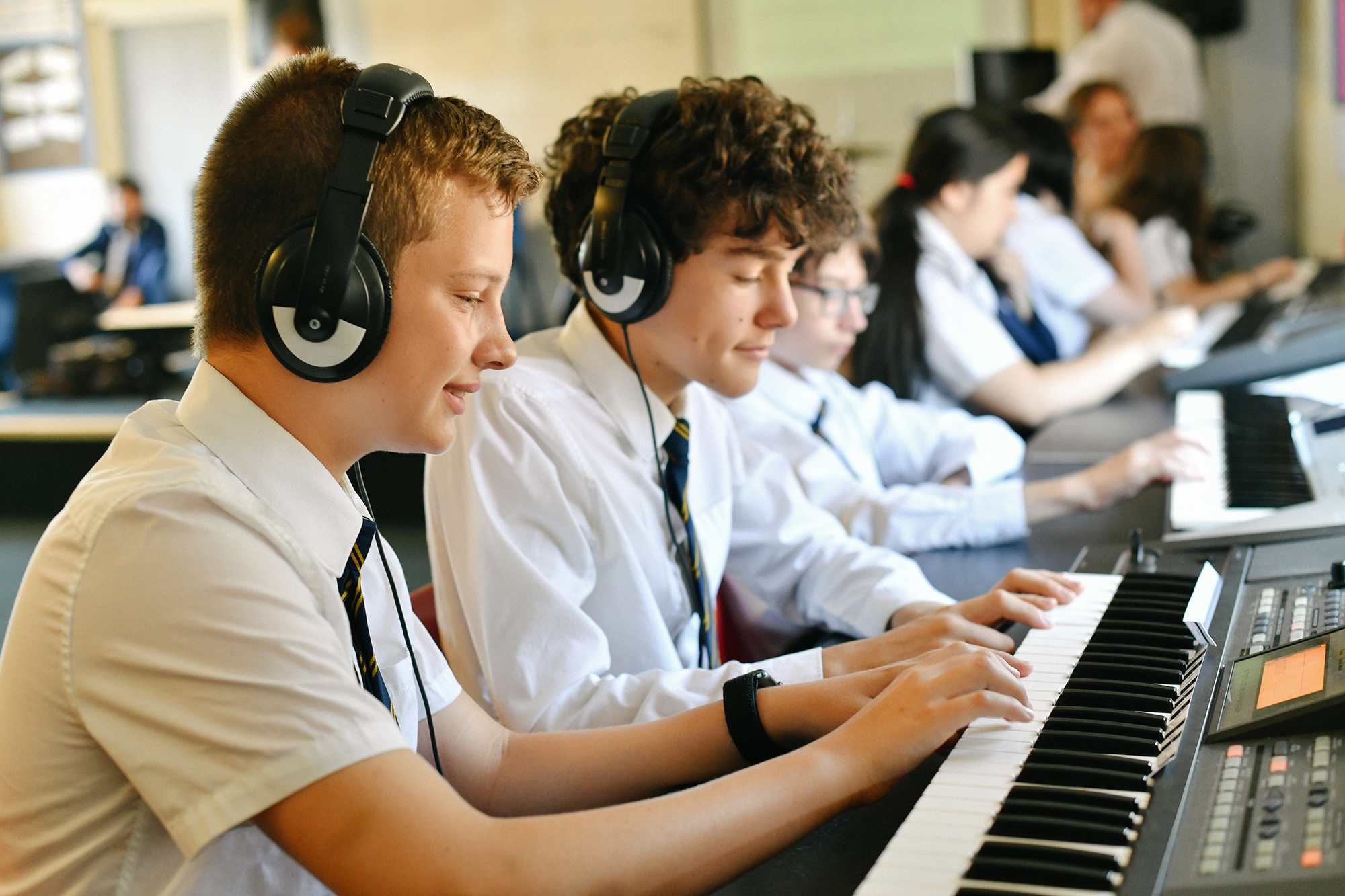Media Studies
Lead Teacher of Media: Mrs K Kirby
GCSE and A LEVEL
In a world where technological changes mean young people can access many new types of media, it is important that young people understand who is creating this and how young people may be manipulated by it. The aim of Media Studies is to give students the opportunity to explore the media they consume, to think critically about this media and to give them the opportunity to create their own media texts.
In their study of Media Studies at Callington Community College our pupils are given the opportunity to investigate current issues and debates, stretching their learning in a creative and challenging way through a rigorous and exciting curriculum. With new technology being an integral part of the world in which we live, we strive to inspire our young people to be inquisitive and to probe into the world of media in a different and stimulating way.
Consisting of a team of 5 Media specialists, all of whom are also experienced English teachers, we deliver a curriculum that both challenges and supports our students through genuine practical engagement and a sustained theoretical analysis and critique of media forms and our relations to them, whether as audiences, consumers and increasingly producers.
Key Stage 4 overview:
Students are taught in mixed ability groupings, and are taught in our state of the art Apple Mac suite. We teach to the WJEC GCSE Media Studies qualification. Differentiated lessons engage all students through the use of practical lessons to develop skills and with a strong focus on developing knowledge and understanding of theoretical analysis. We examine different media forms and study the social and cultural context of new technology, accessing complex texts from news and documentary to sitcom and lifestyle magazines.
Year 9 overview:
The year 9 curriculum is specifically designed to ensure students enter year 10 with a sound foundation to access complex texts and write with technical accuracy. Ranging from news values and representation to developing moving image texts in the form of a documentary trailer, students experiment imaginatively to become confident in using the developing technology of the modern world. Home learning is utilised to encourage wider study of media texts and embed a knowledge and understanding of media institutions and forms.
Year 10 overview:
Students commence year 10 with a focus on the non-examined assessment part of the course. This allows students to utilise the skills base learned in Year 9 immediately and to develop their practical work which is worth 30% of their overall grade. These skills are transferable and once embedded, students are able to access the content of the specification, preparing for the exams in Year 11, and respond to texts appropriately and with confidence.
Year 11 overview:
This academic year is dedicated to consolidating the key skills required for GCSE examination. All students are encouraged to watch the set texts repeatedly and the revision of key themes, characters and social/ historical contexts forms a large part of home learning. Lessons are skills based in that they cover the rubric of the examination papers and ensure students express their ideas in a way that clearly addresses assessment criteria. Intervention in the form of extra lunchtime and after school sessions are individually identified and students are expected to attend any invitation in order to give them the best chances at exam success.
Assessment at Key Stage 4:
Formative assessments are conducted throughout years 9, 10 and 11 and inform SPR grades and progress targets. There are also summative assessments in the form of end of year examinations. In year 11, students will have mock examinations in February.
Key Stage 5 overview:
Students are taught in mixed ability groupings, and are taught in our state of the art Apple Mac suite. We teach to the WJEC A Level Media Studies qualification. Differentiated lessons engage all students through the use of practical lessons to develop skills and with a strong focus on developing knowledge and understanding of in depth theoretical analysis. Unlike Film studies Media studies encompasses the study of the whole range of media including the film industry, television, radio, magazines, newspapers, the gaming industry, new media, the music industry and advertising. Media studies has three broad aims in mind when studying media texts including analysis of the text itself (genre, narrative and representations) the media industry (production, marketing and distribution) and the audience (audience tastes and demands, audience targeting and audience response). A wide range of contemporary and historical media texts are used as the basis for all classes and both teaching and learning are conducted collaboratively.
We have developed (using blogs and Google Classroom) a cooperative and collaborative method of teaching that reaches out to students whether they are in class, at home or on the bus and allows them to study the very media we are concerned with in an engaged and explorative way. Students also have a great deal of individual input into the texts they wish to study for the exam and their own written and practical coursework projects. This allows them to be confident of their learning because, fundamentally, it comes from them.
Media Studies is theoretical as well as practical. The complexity of some of the concepts covered means that it is a more challenging A Level than is often assumed.
A-Level Media Studies allows students to engage in a theoretical and practical exploration of the many media that are now so crucial to daily life and to develop a genuine understanding of the position and role of the media. It introduces students to a broad range of theoretical concepts that have cross curricular relevance to the study of other A level subjects including English Literature, Film Studies, Art, Sociology and even Philosophy.
The course consists of three sections:
Investigating Media Language and Representation – this is an exam based module which covers a range of media forms: music videos, video games, advertising, film marketing, newspapers and radio news/current affairs programmes. The exam consists of three sections and covers the key concepts studied.
Investigating Media Forms and Products – this is an exam based module which focuses on knowledge and understanding of media language, representation, media institutions and audiences. Students will demonstrate their understanding of ideas and debates currently in the media, studying these through three sections of the exam; television, magazines and online media.
Media Production – for this coursework unit, students are required to carry out a cross-media production where they use practical skills to target a specific audience using different media forms. For example, a student could create a marketing campaign to promote a new film and a TV or radio documentary sequence to promote the film. Another example could be a title sequence for a new television programme and a homepage and other set pages from the programme’s website.
The type of degrees or careers that students may go on to pursue may include Advertising, Communication Studies, English, Politics, Public Relations, Psychology, Graphic Design, Journalism, Photography, Broadcasting, Digital Media, Film Studies and Media Production.
The specification for the WJEC A Level course can be accessed at:
http://www.wjec.co.uk/qualifications/media-studies/r-media-studies-gce-2017/?language_id=1

